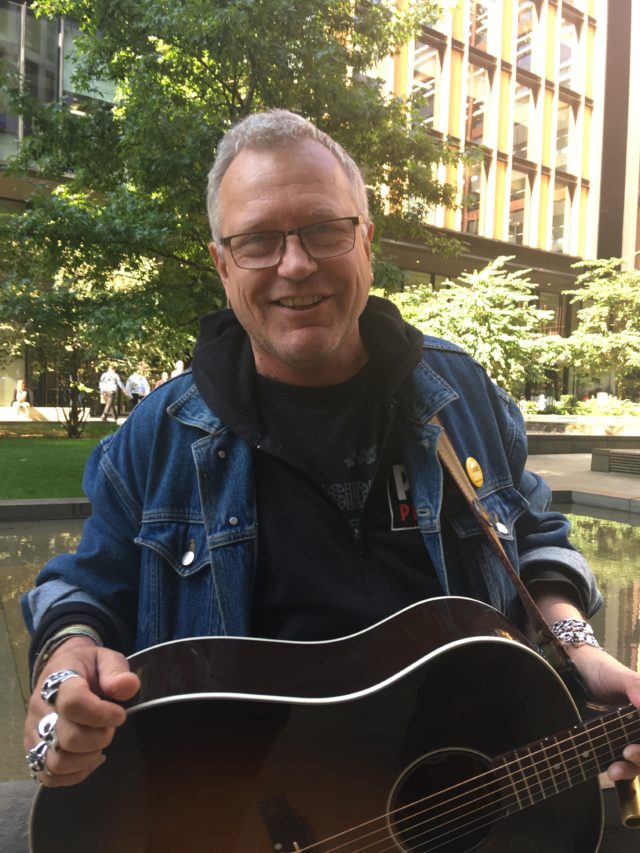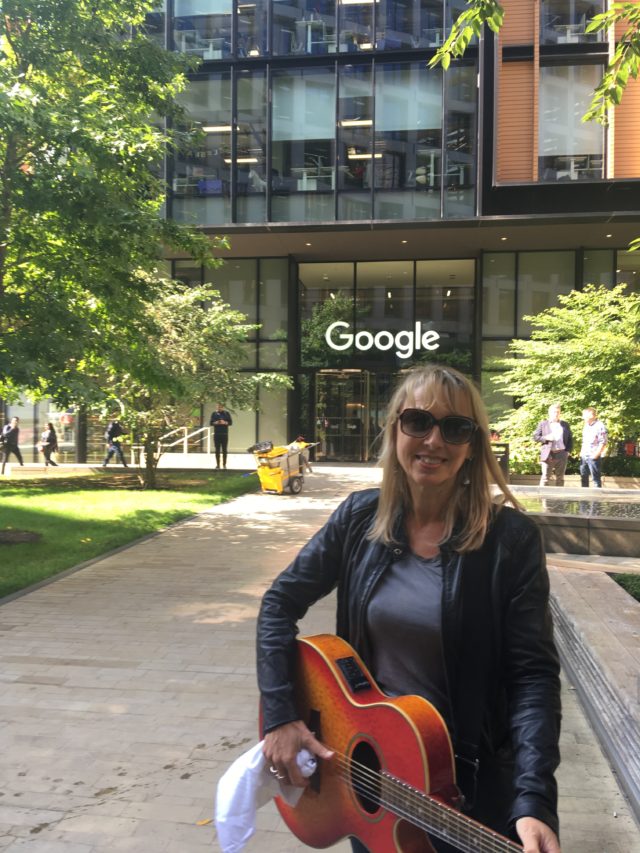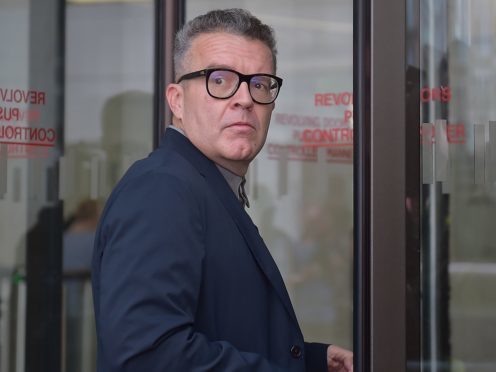Buskers and performers have joined forces to protest against tech giant “parasites” in a fight for better remuneration.
Labour MP Tom Watson, musician turned protester Robb Johnson and singer-songwriter Madeleina Kay were among the crowd who gathered to protest outside Google headquarters in London.
Mr Watson joined the crowd of buskers in King’s Cross to support action to change copyright law as part of the #LoveMusic campaign, which also has the backing of Sir Paul McCartney.

Mr Johnson told Press Association: “Business is trying to kill creativity. The internet was suppose to be this great democratiser, but look what’s happened.
“They get a really great office and we get peanuts. Nothing. They are exploiting people’s creativity. Everything people go through.
“I’ve got a mixture of anger but also amused contempt – they know nothing about creativity, they are parasites. There needs to be change.”
The #LoveMusic campaign aims to redress meagre rewards purportedly paid to musicians by online platforms such as YouTube.
Creators are pushing for MEPs to vote through the EU Copyright Directive, which would look to improve revenue paid by big tech to small-time performers.
There are fears the current system could kill live music and the hopes of future performers.
Alphabet Inc, the parent company of Google, owns the YouTube platform which has drawn the ire of artists.
Kay said: “This will wreck the eco-system of UK music, it will just be people at the top. Other musicians won’t be able to survive.
“These big tech companies make millions in ad revenue off the backs of creators who produce content that brings people to the websites.
“That needs to be fairly distributed.”

Songwriter Helienne Lindvall said: “We get told workers rights are important, unless the workers are musicians.
“To put in the work, get millions of streams and then get that royalties cheque with like £5 in it – it makes it difficult to sustain making a living.
“I think in ten years time an entire class of musicians will be wiped out. You will have a few big stars, then everyone else will basically be a hobby musician.”
It is hoped the campaign will also help to ensure better payment for online journalism and other creative content.
There are fears top-down control of revenue will stifle diversity in UK music.
A YouTube spokesman said: “The success of our partners and creators has always been at the heart of YouTube.
“That’s why we have music licensing agreements all over the world, including in the UK and Europe.
“Through these agreements, we pay the majority of our revenue to partners, amounting to over a billion dollars for the music industry in the last 12 months.”
